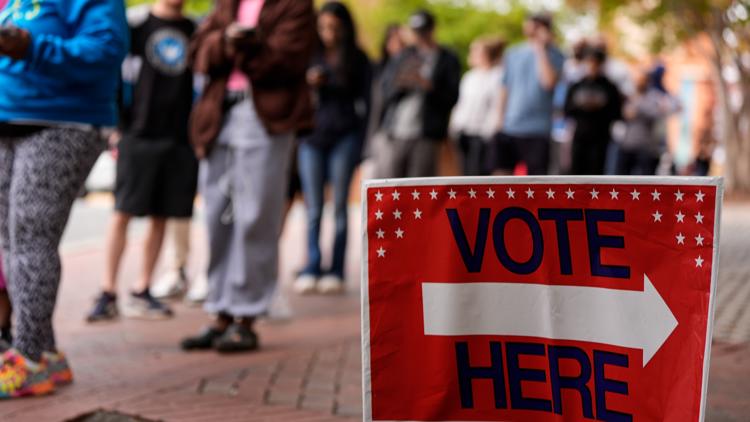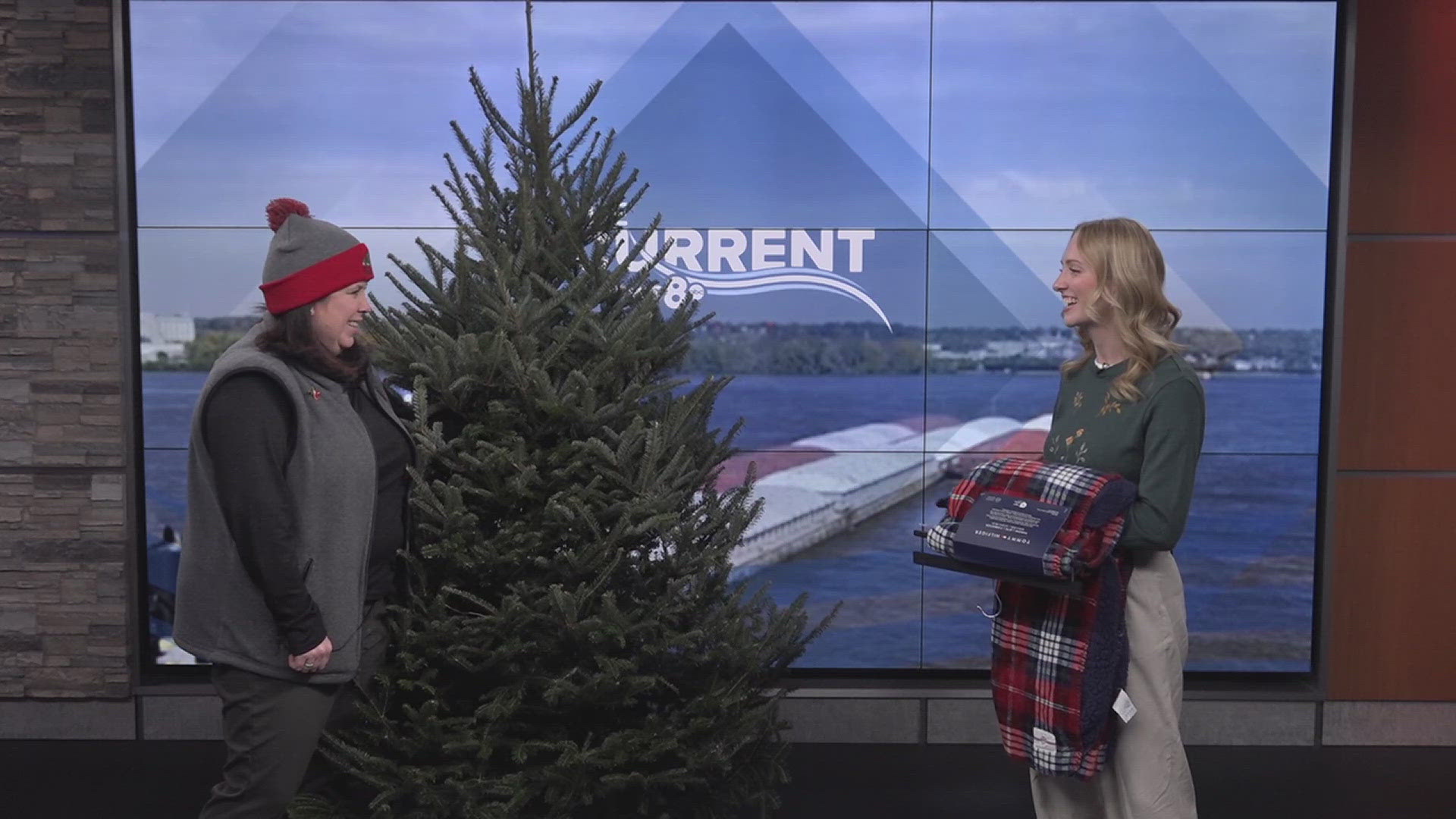DES MOINES, Iowa — Voting in the 2024 general election is underway, but the election process doesn't end when the winner is called.
When polls close on Election Day, the Iowa Secretary of State will hold an unofficial canvass of election results, according to Iowa Code. The unofficial results will be released on or shortly after election night.
Why are results called unofficial on election night?
County officials will canvass local election results from each precinct on the Monday or Tuesday after the election.
A canvass is an official tally of votes for an election, and will include every vote cast on Election Day, as well as on-time absentee ballots, accepted provisional ballots and on-time overseas and military ballots. During this time, election officials will also review ballot challenges.
County officials will send their canvass results to the Iowa Secretary of State's office by Monday, Nov. 18, or thirteen days after the election, according to Iowa Code.
In addition, all 99 counties will perform a hand-counted audit following the election. The audits are conducted by a bipartisan team. Precincts that are audited will be randomly selected, according to the Iowa Secretary of State's office.
Once the Iowa Secretary of State receives canvass results from all of Iowa's 99 counties, they will meet with other state officials to canvass and declare results for state and federal offices, according to Iowa Code.
The 2024 election results must be certified by Monday, Dec. 2. Iowa Code requires results to be certified "no later than 27 days" after Election Day.
Local 5 will have live election results on Tuesday, Nov. 5 from the presidential race, all four of Iowa’s Congressional races, the Iowa Legislature, state constitutional amendments, judicial retention and the balance of power in the U.S. House and Senate.
Watch Now: Live election coverage on WeAreIowa+, available on Roku, Fire TV and Apple TV
What is a ballot challenge?
Iowa Code states that any person who is voting in Iowa may be challenged as unqualified by either a fellow voter or a precinct election official.
A voter's ballot may be challenged if someone believes they aren't a U.S. citizen, have been convicted of a felony or otherwise are not qualified to vote.
Voters who are challenging a prospective voter at the polls must fill out a challenge form. Precinct election officials are not required to use the challenge forms.
If a ballot is challenged at the polls, the affected voter has the right to cast a provisional ballot. The voter being challenged also has the right to provide evidence showing their eligibility to vote. Any evidence regarding voter eligibility should be delivered to precinct election officials or the county auditor's office by the deadline listed on the provisional ballot envelope, according to the Iowa Secretary of State.
The absentee and special voters' precinct board will meet after Election Day to review the provisional ballot and decide if it can be counted.
"The decision to count or reject each ballot shall be made upon the basis of the information given on the envelope containing the provisional ballot, the evidence concerning the challenge, the registration and the returned receipts of registration," Iowa Code states.
If a ballot is not counted, the person who cast the ballot will be notified within ten days of the rejection. Provisional ballots that are accepted will be counted like any other ballot.
Ballot challenges have been top of mind for many Iowans following a recent move by Iowa Secretary of State Paul Pate. Last month, Pate's office conducted an audit that showed 2,022 people self-reported that they were not citizens and voted or registered to vote.
Pate's office provided a list of those names to county auditors, urging them to challenge their ballots and have them cast a provisional ballot instead.
The ACLU of Iowa filed a lawsuit against the state, alleging the list infringed upon individuals' rights in its attempt to keep ineligible noncitizens from illegally voting. However, U.S. District Judge Stephen Locher denied an injuction request to get rid of the list.



